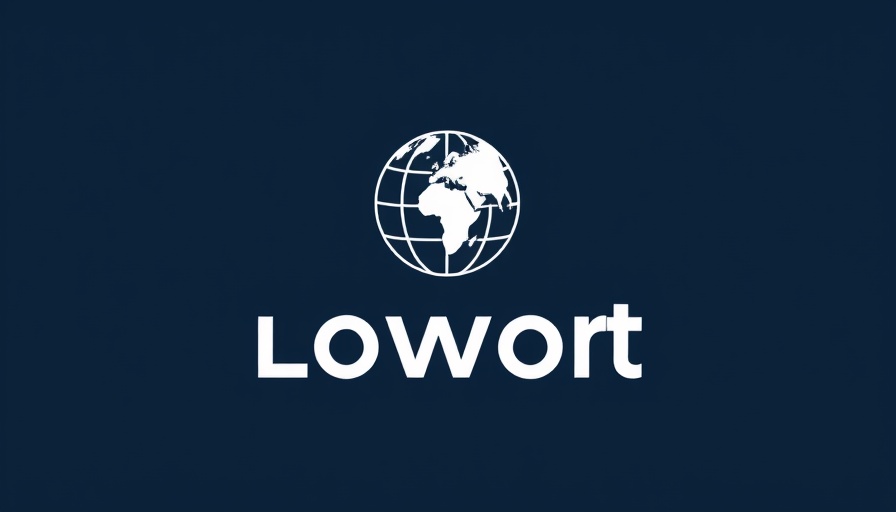
What the Recent Ruling Means for Employers and Employees
In a significant legal development, Michigan companies have faced a setback in their pursuit of attorney fees related to withdrawal liability disputes. This ruling underscores the complexities surrounding labor law interpretations, particularly in the context of employee withdrawal from pension plans. As businesses navigate the implications of this decision, understanding the nuances of withdrawal liabilities becomes critical. Employers may now need to reassess their strategies for managing pension obligations and consider the potential costs associated with legal disputes.
Understanding Withdrawal Liability: A Key Compliance Issue
Withdrawal liability refers to the financial responsibility that employers may incur when they cease to participate in a multi-employer pension plan. This legal framework is critical for maintaining pension fund health and compliance with labor laws. Employers must be acutely aware of the regulations that govern these liabilities to avoid costly surprises. This ruling, which denies the ability to claim attorney fees, can impact how businesses approach such disputes, making it increasingly essential for companies to engage in proactive legal consultations.
Broader Implications for HR and Employment Regulations
The decision has broader implications for HR compliance and labor law adherence. With a growing emphasis on workplace regulations, organizations need to stay vigilant about changes that could affect their operational frameworks. Enhanced understanding of employee rights, particularly regarding pension liabilities, aligns with HR responsibilities, such as ensuring compliance with wage laws and other employment regulations. This case serves as a reminder that vigilance in comprehending legal obligations is crucial for HR managers and legal counsel alike.
Taking Action: Strategies for Employers
To effectively manage withdrawal liabilities and other compliance issues, employers should consider implementing robust policies and training programs. Updates to remote work policies, pay transparency initiatives, and consistent workplace investigations can foster an informed workforce better equipped to handle legal and compliance challenges. Consulting with legal experts can provide further clarity on the implications of withdrawal liability and how to protect the firm’s interests.
As Michigan companies grapple with the repercussions of this ruling, they must prioritize compliance to mitigate risks. Engaging in continuous education about evolving labor laws and regulations is key to fostering an informed workplace. Legal counsel and HR professionals should work collaboratively to ensure that organizations not only comply with current employment regulations but also prepare for potential future changes.
 Add Row
Add Row  Add
Add 




Write A Comment